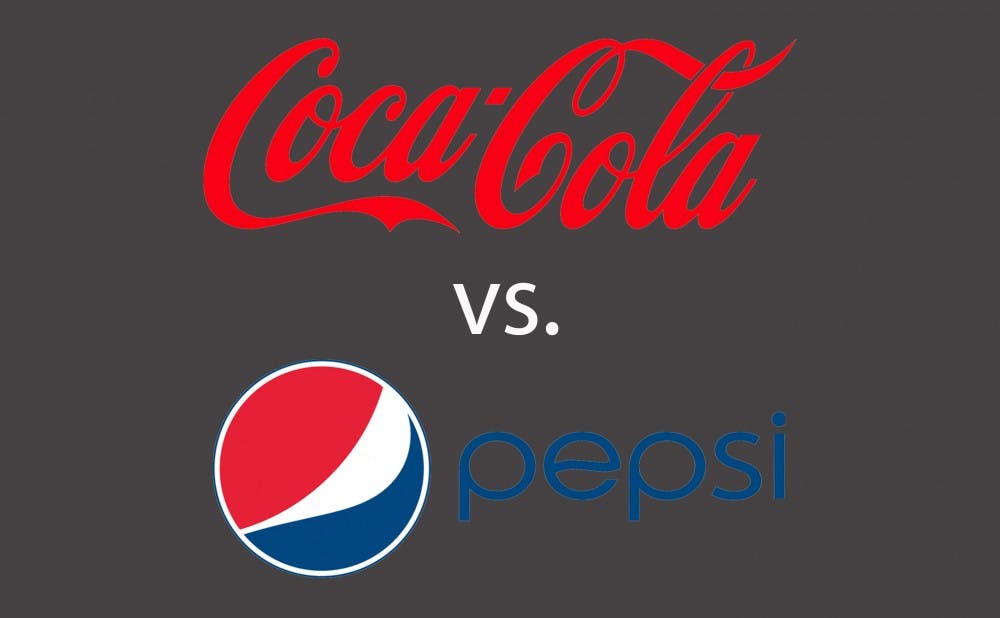How do you know when you’ve found “the one”? Is it the bubbly feeling that melts through your body when you look into their eyes? Is it your heart doing somersaults in your chest when they enter a room?
It might actually be your mutual love of Coca-Cola.
Researchers from the Fuqua School of Business have found that the strength of a relationship is dependent on the commercial brands that each partner prefers. Published in the Journal of Consumer Research, the study called “Coke vs. Pepsi, Brand Compatibility, Relationship Power and Life Satisfaction” was conducted by Fuqua professors Tanya Chartrand, Grainne Fitzsimons and Gavin Fitzsimons, along with former Fuqua Ph.D. student Danielle Brick.
"As close relationships involve repeated, frequent interactions in diverse settings and strong mutual interdependence whereby the outcomes of one’s decisions affect both the other person and the relationship itself, individuals are often constrained by their partner’s preferences and the demands of the relationship,” Grainne Fitzsimons said.
They researchers explored the connection between the individual brand preferences, power distribution and life satisfaction of partners in long-term relationships. They defined brand compatibility as “the extent to which individuals in close relationships share similar brand preferences” and hypothesized that the presence or absence of brand compatibility is consequential in determining one’s life satisfaction.
Across six studies, the researchers explored their hypothesis that tested the amount of power that each individual holds in his or her relationship, the levels of brand compatibility and overall happiness of each individual. They used brand preferences in soda, coffee, chocolate, beer and automobiles when analyzing couples.
The studies revealed that the connection between brand compatibility and life satisfaction is directly related to one's power in his or her relationship. In addition, high-power individuals are less affected by the lack of brand compatibility in their relationship and are more likely to assert their brand desires over those of their partner.
Alternatively, low-power individuals are generally more conscious of brand compatibility. When these low-power partners do not get to enjoy their desired brands, they often perceive greater relationship conflict and feel less satisfied with their lives. The researchers concluded that brand compatibility within a close relationship predicts life satisfaction only for individuals who experience low levels of power in their relationship.
Having equal power is helpful, but not necessarily sufficient in maintaining a healthy relationship, Fitzsimons explained.
“These couples may do what negotiation scholars call logrolling, where they trade off on preferences depending on what's most important," she said. "So if someone loves cars and cares a lot about them, that person's preferences should be given more weight."
The researchers also suggested that brand compatibility has a higher impact on how long a relationship lasts than differences in race, religion and personality do. This happens because issues of brand compatibility constantly occur. Some partners might not mind if their significant other holds the same beliefs as they do, but constant controversy over a grocery store shopping list can weigh down a relationship.
So although some Duke students may be able to tolerate their partner cheering on the University of North Carolina at Chapel Hill during basketball season, they may be less inclined to accept constant fighting about buying Coke or Pepsi.
However, there is still hope for couples who love different brands of junk food.
"I think partners in healthier relationships who have effective communication and who are genuinely concerned with each other's welfare are probably more likely to find good solutions for problems like these small incompatibilities," Fitzsimons said.
Get The Chronicle straight to your inbox
Signup for our weekly newsletter. Cancel at any time.

